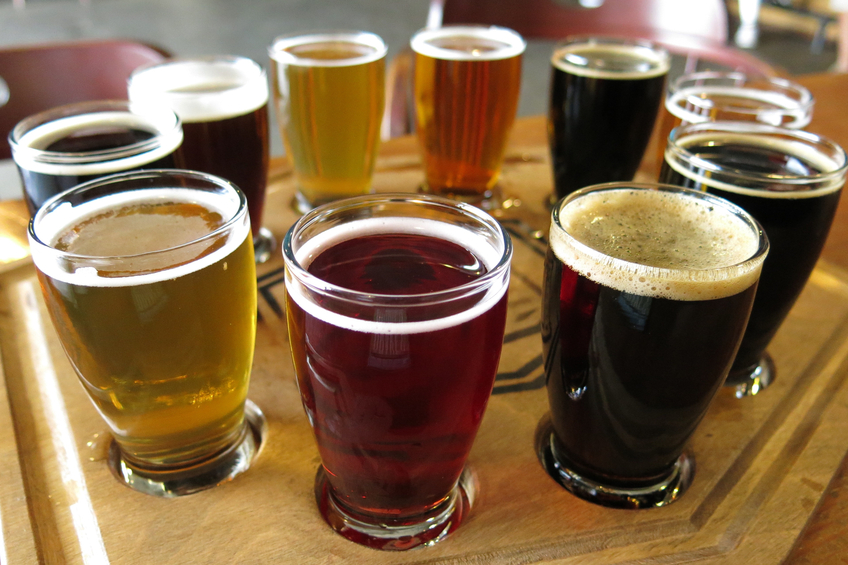Along with the changing foliage, autumn brings to mind crisp evenings, hay rides, Oktoberfest celebrations and of course football season. The latter two usually include some not-so-healthy munchies and of course a pint or two of beer, which in excess may not be so great for your health or your waistline.
The good news is that beer, in moderation, can provide some health benefits. Beer, much like red wine, contains antioxidants as well as iron, calcium, phosphates and fiber. Antioxidants may help prevent cataracts from forming and lower your risk for hypertension. The fiber, especially in dark beer, can help lower LDL or “bad” cholesterol for middle-aged men and women.
Beer has also been linked with a lower risk of developing kidney stones whereas drinking surgery soda increases the likelihood of developing stones. Drinking a moderate amount of alcohol; one 12 oz beer per day for women and no more than two for men, can lower the risk for kidney stones by up to 41 per cent. The hops in beer are thought to help to slow the release of calcium from the bones which can be reabsorbed into the kidneys, forming painful stones. This slowing of calcium released from bones is also associated with greater bone density for moderate drinkers.
Moderate alcohol consumption may also protect against heart disease, type 2 diabetes and help prevent cognitive decline. Alcohol is believed to help protect blood vessels in the brain, lowering the risk of stroke. And when beer is used as a marinade for meat, a Portuguese study found almost 70 per cent of carcinogens can be eliminated.
Those with health conditions including breast cancer, gout or high triglycerides should avoid alcohol which can worsen these health problems. Drinking excess alcohol can cause liver damage, contribute to heart problems and some cancers as well as lead to weight gain. Talk with your doctor or pharmacist if you have any questions about the safety of consuming alcohol if you take prescription or over-the-counter drugs or other supplements.
For more facts and statistics about alcohol consumption, visit the National Institute of Health at https://www.niaaa.nih.gov/alcohol-health/overview-alcohol-consumption/alcohol-facts-and-statistics .






Add Your Voice
0 Comments
Join the Discussion